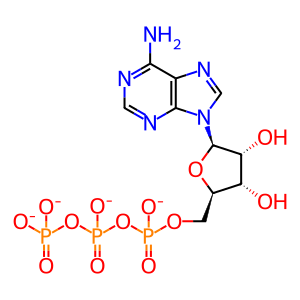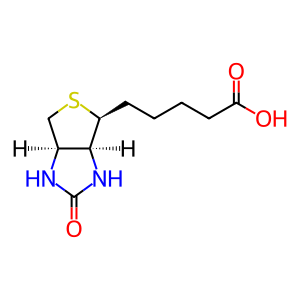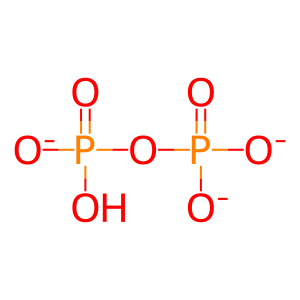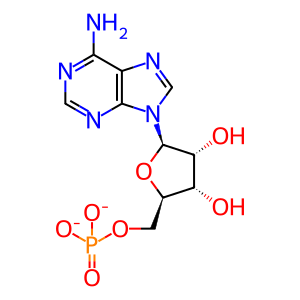Reaction: HLCS biotinylates ACACB
- in pathway: Biotin transport and metabolism
Biotin (Btn) acts as a coenzyme for 5 carboxylases that exist in their inactive apo forms. In the cytosol and mitochondrion, these apo-carboxylases are biotinylated to their active holo forms by the activity of biotin protein ligase (HCLS) (Ingaramo & Beckett 2012, Bailey et al. 2010, Hiratsuka et al. 1998). Defects in HLCS causes holocarboxylase synthetase deficiency (HLCS deficiency aka early-onset multiple carboxylase deficiency; MIM:253270). HLCS deficiency is an autosomal recessive disorder whereby deficient HLCS activity results in reduced activity of all five carboxylases. Symptoms include metabolic acidosis, organic aciduria, lethargy, hypotonia, convulsions and dermatitis (Suzuki et al. 2005). The first committed step in the synthesis of fatty acids is performed by the biotin-dependent enzyme acetyl CoA carboxylase [EC 6.4.1.2]. Acetyl CoA carboxylases 1 and 2 (ACACA and ACACB) have one Btn moiety covalently attached to each subunit (Abu-Elheiga et al. 1995). Eukaryotic acetyl-CoA carboxylases are heterodimers that can form catalytically active extended oligomers (Weatherly et al. 2004). Unlike the other biotin-dependent carboxylases that reside inside the mitochondrion, ACACA and B are located in the cytosol and outer mitochondrial membrane (shown here) respectively (Abu-Elheiga et al. 2000).
Reaction - small molecule participants:
PPi [cytosol]
AMP [cytosol]
ATP [cytosol]
Btn [cytosol]
Reactome.org reaction link: R-HSA-4167511
======
Reaction input - small molecules:
ATP(4-)
biotin
Reaction output - small molecules:
diphosphate(3-)
adenosine 5'-monophosphate(2-)
Reactome.org link: R-HSA-4167511




